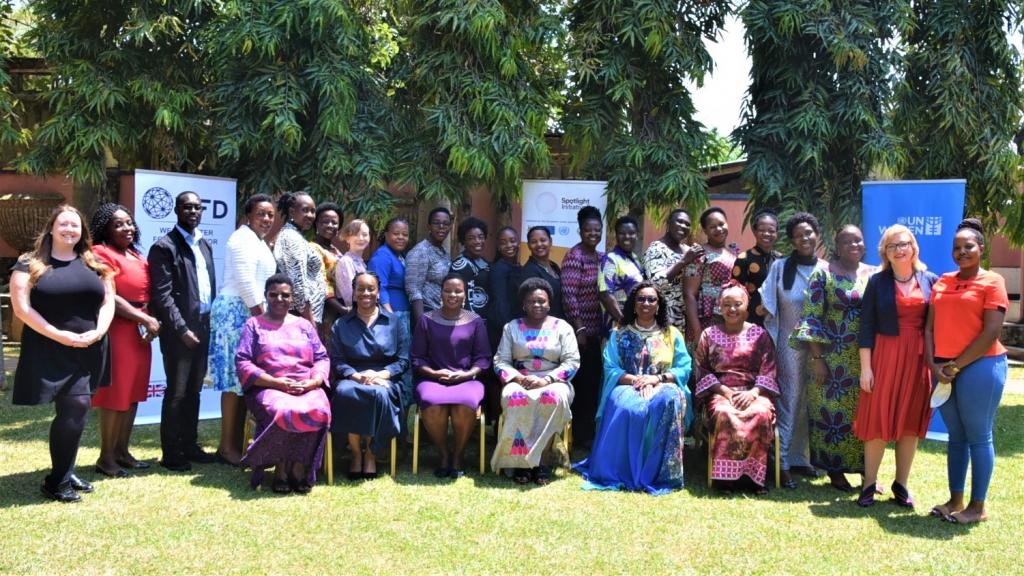Uniting for change: How Uganda's Environmental Parliament is advancing climate dialogue

On 28 June 2024, Uganda's Parliament transformed from a legislative chamber into a hub of collaboration, hosting the second sitting of the Environmental Parliament (EP24). A diverse group of stakeholders came together to address the country's environmental challenges.
The gathering brought together an inspiring mix of stakeholders: members of parliament, government officials, civil society leaders, and representatives from various sectors. What made this meeting unique was the sense of shared responsibility that filled the room.



Hon Gafabusa, chairperson of the Forum on Conservation and Sustainable Tourism, set the tone with a powerful commitment, "safeguarding the environment is not a choice; it’s a necessity." He emphasised that the climate crisis is not just a government issue but a national one, urging civil society to keep the pressure on and to ensure that environmental discussions reach every citizen, especially at the grassroots level.
Throughout the day, the conversation spanned a wide range of critical issues, from energy transition to land restoration and drought resilience. Each topic brought its own set of challenges and opportunities, and each voice contributed to a broader understanding of what needs to be done. The dialogue on energy transition, for example, was enriching. Participants agreed that while the shift to cleaner energy sources is essential, it must be equitable. No one should be left behind, especially the ordinary citizens whose livelihoods depend on traditional energy sources like biomass.
The discussion on land restoration and drought resilience was equally urgent. With deforestation recognised as a key driver of the climate crisis, initiatives like the 'Million Trees Initiative' were hailed as an important step forward. The discussion centered on the need for stricter laws on deforestation, enhanced community engagement and the need to integrate agroforestry practices to ensure long-term sustainability.
One of the most striking aspects of EP24 was the emphasis on inclusivity. The challenges faced by marginalised groups, particularly women and youth, were front and center. These groups are often disproportionately affected by environmental degradation, yet they are frequently excluded from decision-making processes. EP24 made it clear that this needs to change. There was a strong call to create platforms that not only invite these voices to the table but empower them to lead.
Climate finance also took the spotlight, with participants recognising that securing adequate funding is a major hurdle. The gap between pledges and actual resources reaching the most affected communities remains wide. To bridge this gap, EP24 advocated for governments, international organisations, and the private sector to fulfill their financial commitments transparently and efficiently.
As the session drew to a close, participants agreed on how to carry this momentum forward. A Citizen’s Environment Compact – which summarised the minimum demands established during EP24 – would be disseminated to address unfavorable legislation. The United Nations Framework Convention on Climate Change, Ministry of Finance and Planning and Economic Development on Climate Financing would be specifically targeted. Discussions on sustainable land management practices, afforestation, and the protection of ecosystems would be held with a particular focus on involving more children and youth through subnational parliaments. In the end, EP24 was a powerful reminder that the fight against climate change is a collective one.



